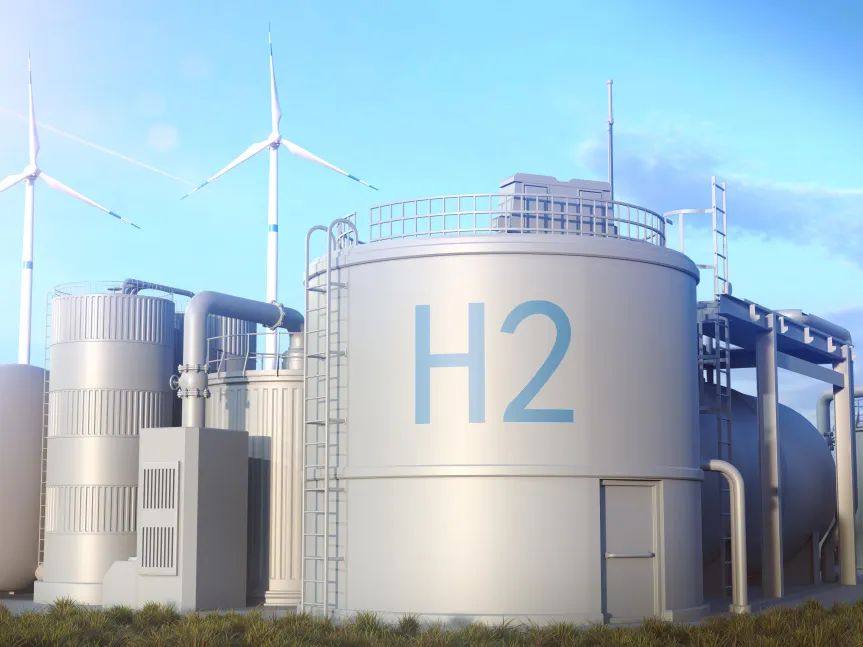

 News
News Industry News
Industry NewsHot News
Hydrogen is a single substance formed by the element hydrogen, with the chemical formula H2 and a molecular weight of 2.01588. At room temperature and pressure, hydrogen is a colorless, odorless, highly flammable and insoluble gas in water. The density of hydrogen is 0.089g/L (101.325kpa, 0°C), which is only 1/14 of air. It is the gas with the smallest known density in the world. Therefore, hydrogen can be used as a filling gas for airships and hydrogen balloons (due to the flammability of hydrogen and its low safety, airships are now mostly filled with helium). Hydrogen shows reducing properties when reacting with non-metals with high electronegativity, and shows oxidizing properties when reacting with active metals.
In the modern power industry, electrochemical hydrogen sensors have broad application prospects, so they play a big role in many industries, such as the power industry, energy storage, industrial safety, etc. Because hydrogen is an excellent energy storage medium with advantages such as high energy density, fast response and flexible application, hydrogen is widely used as a means of energy storage in the power industry, and electrochemical hydrogen sensors are one of the key technologies to achieve safe and efficient application of hydrogen.
With the development of new energy technologies, hydrogen energy, as a low-carbon, efficient and renewable energy form, has been paid attention to and promoted by more and more countries and industries. In the power industry, hydrogen fuel cell technology is a new energy solution with only water and electricity as by-products. It is highly efficient, clean and environmentally friendly. It is one of the important development directions of future power production and has huge potential and development prospects. Therefore, electrochemical hydrogen sensors can effectively monitor the working status of fuel cells, improve the efficiency of power output and avoid failures.

Electrochemical hydrogen sensors can be used to monitor the concentration of hydrogen generated during the operation of energy storage battery packs. At present, energy storage batteries are widely used in power peak regulation, power grid backup and other fields, but battery aging, overcharging and over-discharging and other problems may cause hydrogen to be generated and accumulated, thereby causing accidents such as explosions. By real-time monitoring of the concentration of hydrogen generated during the operation of energy storage battery packs, safety hazards can be effectively avoided. Similarly, electrochemical hydrogen sensors can also be used to detect whether there are problems such as hydrogen leakage inside power equipment such as transformers to ensure the safety of equipment operation.
For the detection of hydrogen in the power industry, Tensensor recommends the following electrochemical oxygen sensors for use in detecting hydrogen concentration, which can effectively avoid the danger of excessive hydrogen concentration to personal and equipment safety.
Product recommend
| Model | Detection range | Max range | Sensitivity | Resolution | Life |
| MQ-E2-H2 | 0-30000ppm | 40000ppm | (2±1)nA/ppm | 50ppm | 3 years |
| MQ-E3-H2 | 0-1000ppm | 2000ppm | (0.010±0.005)µA/ppm | 2ppm | 2 years |
| MQ-E4-H2 | 0-1000ppm | 2000ppm | (0.03±0.01)µA/ppm | 1ppm | 2 years |
Contact us
For more details of H2 sensors solutions, pls don't hesitated to contact us at 24/7:
ShanXi TengXing Sensor Technology Co.,Ltd
Web: www.tensensor.com
Email: [email protected]